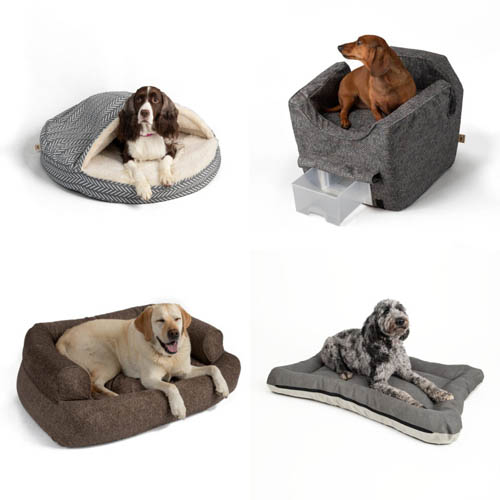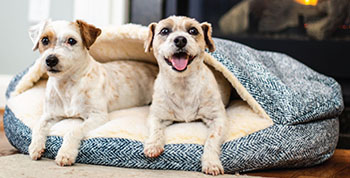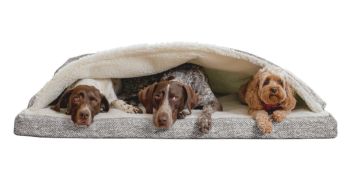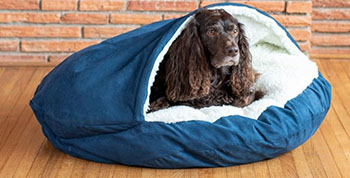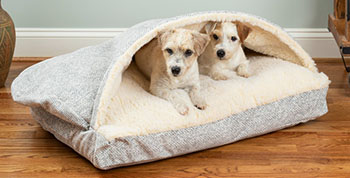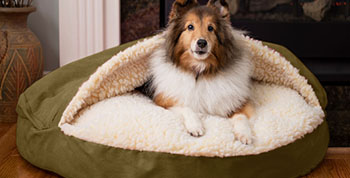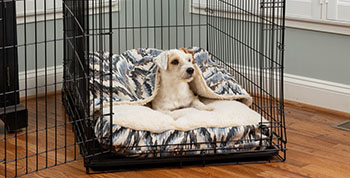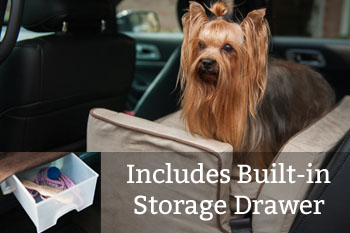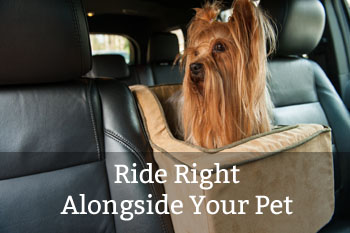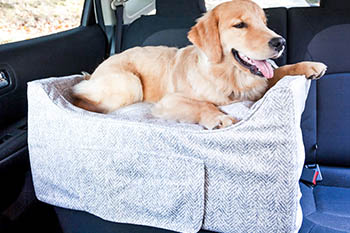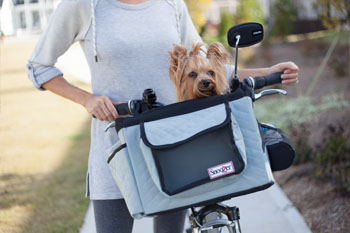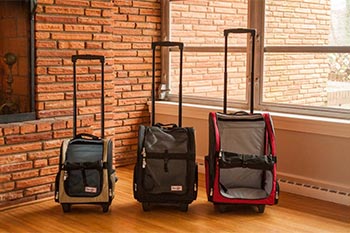Common Household Foods and Plants that are Poisonous to Dogs
Us dogs are curious creatures. We like to explore, especially when we’re alone at home with nothing else to do. Even I, a lazy greyhound, from time to time will see if there’s anything interesting in the kitchen trash. (The answer is always yes.)
Unfortunately, there are a number of things in the household that can be dangerous to dogs. Some items may cause some mild digestive issues, while others are fatal depending on the amount ingested. Below are some things you may have at home that should be kept out of your dog’s reach.
Common Human Foods that are Poisonous to Dogs
It’s common for people to give their dogs leftovers and table scraps. Many human foods are fine for dogs, but others are not. Keep your dog away from the following: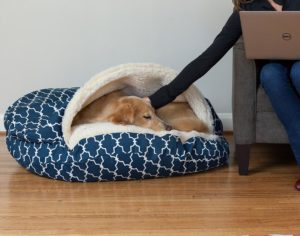
- Chocolate
- Xylitol (a sweetener)
- Macadamia nuts
- Onions
- Garlic
- Shallots
- Chives
- Grapes
- Raisins
- Rhubarb
- Nutmeg
- Caffeine
- Alcohol
Household Plants that are Poisonous to Dogs
Many common household plants and flowers can be dangerous to dogs. Note that this list below is not exhaustive and doesn’t distinguish between severe and moderate or mild effects. The effects will depend on what part of the plant your dog eats, and how much.
- Sago palm
- Aloe
- Gardenia
- Geranium
- Eucalyptus
- Oleander
- Amaryllis
- Cyclamen
- Bird of Paradise
- Kafir lily
- Flame lily
- English ivy
- Cactus
- Desert Rose
- Jade
- Philodendron
When in doubt, do some research on the individual plants in your home, or ask for advice from someone at a local nursery.
Human Medications that are Poisonous to Dogs
All medications should be kept out of reach of your pet. Assume any medication is dangerous to your pet unless you’ve been told otherwise by your vet, and remember that something that’s safe in small quantities may be dangerous in larger quantities.
These human medications can cause problems in dogs:
- NSAIDs like Advil, Motrin
- Acetaminophen/Paracetamol like Tylenol
- Hormonal birth control
- Sleep aids and sedatives like Xanax, Ambien, Lunesta
- Antidepressants like Prozac, Effexor
- ADHD medication like Adderall, Ritalin
- Cholesterol-lowering drugs like Lipitor, Crestor
- Beta-blockers like Tenormin, Coreg
- ACE Inhibitors like Altace, Zestril
- Thyroid drugs like Synthroid, Armour
Other Household Items that are Poisonous to Dogs
If you wouldn’t ingest it, your dog shouldn’t, either. Strong chemicals and cleaners should be kept out of reach of your dog. This includes but isn’t limited to:
- Bleach, detergents
- Gasoline, kerosene, propane
- Shoe, floor, and wood polish
- Pest control substances
Finally, some things that are okay for you but can hurt your dog in large quantities:
- Gum
- Toothpaste
- Mouthwash
What to Do If Your Dog Ingests Something Poisonous
If you know that your dog consumed a large quantity of a potentially poisonous substance or you don’t know how much was consumed, here are some dos and don’ts.
DON’T panic. You need to be calm and in control in order to help your dog.
DO call your vet (or the nearest emergency veterinarian facility if it’s after hours or your vet is too far away) and let them know what’s happened. They may tell you to come in or they may tell you how to treat it at home.
DON’T induce vomiting in your dog unless your vet tells you to. Depending on the substance, this may cause more harm than good. Same with giving any home remedies or OTC medications; wait for the vet’s OK.
DO bring a sample of the poison with you if you end up going to the vet or emergency veterinarian facility.
If you have a scare, just take this opportunity to look over your home and make sure your dog doesn’t have access to poisonous foods, plants, and other items so it doesn’t happen again.
‘Til next time, Beckley

